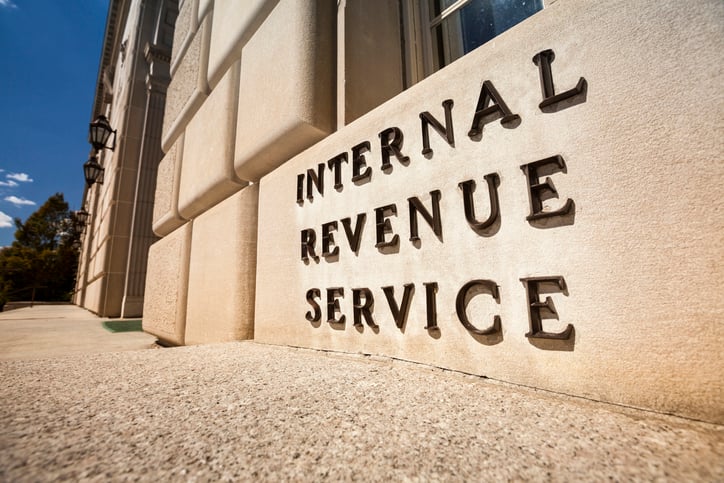From the IRS: Donors Can Give More and Pay Less in 2024
The IRS has announced increases in tax exemptions, qualified charitable distribution (QCD) gift limits, and standard deductions for 2024. Gift planners will want to pay particular attention to how these changes impact their donors.
Unified Gift and Estate Tax Exemption
The federal unified gift and estate tax exemption amount will increase to $13,610,000 for individuals and $27,220,000 per couple in 2024.
What gift planners should know:
With such a large estate tax exemption amount, very few estates incur federal estate tax and therefore derive no benefit from an estate tax deduction for making a bequest to charity. IRA balances payable to the donor’s estate subject the entire IRA to income tax in the year of death. Even if left to heirs, an inherited retirement plan is fully taxable to the heir as ordinary income whenever the heir withdraws funds from the plan. With that in mind, consider marketing testamentary gifts from retirement plans as a tax-efficient way of giving to charity. Note that without Congressional action, the unified gift and estate tax exemption will “sunset” at the end of 2025, resulting in a unified exemption of approximately half the current value. Should the sunset occur, many more estates will be exposed to federal estate tax as a result. Many estate planners are helping donors in this cohort plan for this possibility, which also presents an opportunity for them to include charity in their plans.
Federal Annual Gift Tax Exclusion
The federal annual gift tax exclusion will increase to $18,000 per person, and $36,000 per couple, in 2024.
What gift planners should know:
If your donor is establishing a life income gift for someone other than their spouse, the value of that life income is a taxable gift from the donor to the income beneficiary. To minimize taxation, most donors include in their trust or annuity a right to revoke the beneficiary’s right to payments. Doing this transfers any potential taxation to the donor’s estate, which for the reasons covered above, usually results in no tax. With the new higher annual exclusion, more donors will be able to establish a life income gift for someone other than a spouse, drop the right-to-revoke language from the gift document, and have the completed gift be considered not taxable.
Federal Standard Deduction
The Federal standard deduction for non-itemizers will increase to $14,600 for single filers and $29,200 for married couples filing jointly.
What gift planners should know:
A higher standard deduction means fewer taxpayers will itemize deductions on their returns, meaning fewer donors will be able to use their charitable deductions. There are still many tax benefits that you can trumpet in your planned giving marketing, however. For instance, gifts of appreciated assets avoid or minimize any capital gains tax and can be very compelling for donors. Also continue to market QCD gifts. If your donor has a required minimum distribution (RMD) from their IRA, a QCD that reduces their taxable income by fulfilling a like amount of their RMD is as economically valuable to them as a charitable deduction.
QCD Gift Limit
The QCD gift limit will increase to $105,000 for individuals in 2024. Under this gift umbrella, a donor’s aggregate gift limit for using a QCD to establish a CGA or CRT will increase to $53,000 in 2024. As a result, a donor could give $53,000 to establish a CGA with a QCD and make another $52,000 in QCDs to fund outright gifts in 2024.
What gift planners should know:
This new increase in the QCD life income gift maximum does not benefit anyone who took advantage of this gift opportunity in 2023. The Legacy IRA Act is clear that donors can use the QCD life income gift opportunity in only a single calendar year, so if they established a $50,000 CGA in 2023 they cannot establish a brand new $53,000 CGA in 2024 (they also can’t establish a new QCD CGA with the $3,000 difference).
Conclusion
It is important to stay abreast of these tax changes so you can speak confidently to your donor’s concerns, but tax planning is only one consideration for a donor contemplating a gift to your charity. Stay focused on your organization’s mission, as the tax benefit for making a gift is often outweighed in a donor’s mind by the opportunity to support the important work your charity is doing.



Submit a Comment